Frequently Asked Questions
-
Anti-racism training and the Race in Medicine curriculum series
Community organizing taught by community organizers, with longitudinal and core curriculum in Community Medicine
Areas of Concentration, which allow tailored education and provide specialty-level expertise
Interns spend the first block of residency together on our Family Medicine Intensive orientation rotation. The senior classes have a similar block for Behavioral Health and Practice Management.
Addiction medicine training with a required addiction medicine rotation
Low-barrier buprenorphine clinic at Cherry Hill clinic
Reproductive health training
Opportunities to work in primary care with HIV care
Ski patrol with faculty
Robust structure and experience with leaves of absence for residents’ health and wellness, including continuous and intermittent FMLA
-
One of the founding programs in family medicine
Largest program in five-state University of Washington Family Medicine Residency Network, with 45 residents across six training sites
Focus on underserved medicine, whether urban, rural, or global. Four of our five Seattle clinics and our RTT clinic are Federally Qualified Health Centers. Our Seattle FQHCs were each founded by and focused on Seattle’s Latinx, Native, Black, and Asian American communities.
Commitment to diversity
Commitment to reproductive health training
Emphasis on community outreach and community organizing
Areas of Concentration and fellowships which provide expertise and individualized training
A unified inpatient service involving residents from all five Seattle clinic sites and integrating adult, pediatric, and OB care to culturally diverse patients
Resident empowerment—residents are involved in leadership of our program
Passionate, close-knit relationships between faculty, residents, and staff
Exciting urban location in Seattle
Exciting rural location for Rural Training Program in Port Angeles, which was voted one of 10 best communities to live in by Outside Magazine
-
We share many wonderful things with our "sister program" - such as our hospital, philosophy of training full-spectrum FM physicians, and occasionally even our stockpile of food. From a bird's-eye level, our programs are distinctly different in how we structure our curriculum with separate rotations, continuity clinics, and faculty.
We can speak extensively about our own program and answer any questions you have about Cherry Hill, but any specific questions about First Hill are best directed towards them!
-
The Sea Mar Community Health Centers system was home to two completely separate FM residencies. First, our program’s Sea Mar site is at Sea Mar’s Seattle facility in the South Park neighborhood.
The newer program at Sea Mar was the Sea Mar Marysville residency. This program unfortunately closed in 2024. Their residents did not work at the same clinic as ours and were based at other Sea Mar locations. The Marysville residency was not part of Swedish at all.
-
Mountains and hiking, skiing and snowboarding, taking ferries, engaging in Seattle professional sports, kayaking, going on retreats, film nights, going out to restaurants, taking advantage of the music and theatre scenes, museums, boating, baking, and drinking good beer, wine, and cider!
-
We are extremely proud of our graduates. They have demonstrated the wide breadth of training we offer here as well as our commitment to medicine as a vehicle for social justice. Our graduates work in diverse areas.
90% of recent graduates enter careers in academic medicine or safety net clinic settings.
Academic medicine: We have many grads who are now faculty and program directors of family medicine residencies and faculty at medical schools.
Policy and program development: Our graduates direct public health departments and serve as policy analysts.
Service: Our graduates provide care to underserved populations across the US. They are full-spectrum family doctors in rural and urban communities, work in FQHCs and IHS sites, staff abortion clinics, and work internationally.
Hospitalist physicians: Many of our graduates work as hospitalist physicians at some point in their career.
Recruitment Process Questions
Learn about our application process by visiting the Apply to the Residency page.
-
On ERAS, we are listed as two programs: Swedish Medical Center/Cherry Hill and Swedish Medical Center Rural Program. Cherry Hill then has five ERAS “tracks,” one for each of the Seattle clinics. We encourage you to select the ERAS “tracks” for all the clinics that interest you. For your interview day, we will schedule you with interviewers based on your ERAS tracks.
After your interview, we don’t really look at your ERAS track selections anymore. This is where the rank lists come in. We have six NRMP numbers because each Seattle clinic and the RTP make their own rank lists. Likewise, you will add any of our six sites to your rank list and independently rank them however you like. You will need to tell us which of our rank lists we need to add you to, via an online survey that we’ll send you after your interview. You’ll be able to fill out the survey anytime throughout recruitment season as you decide which clinics you’re interested in.
It is important to know that the Sea Mar clinic is specifically looking for Spanish-speaking applicants. If you do not speak Spanish, you may choose not to apply to or rank this site.
-
While we always enjoy hearing back from our wonderful applicants, please do not feel obligated to send us any letters of interest or post-interview things (cards, gifts, etc). These absolutely will not have any impact on your fit or chances of matching at our program.
That being said, you may direct all emails to your resident/faculty interviewer directly. Snail mail can be addressed to our office at 550 16th Avenue, Suite 400, Seattle, WA 98122.
-
Sub-I’s are absolutely not necessary to match at our program! These are more so opportunities for you to get exposure to our inpatient and ambulatory services and see if you can envision your three years of training with our beloved faculty and residents.




